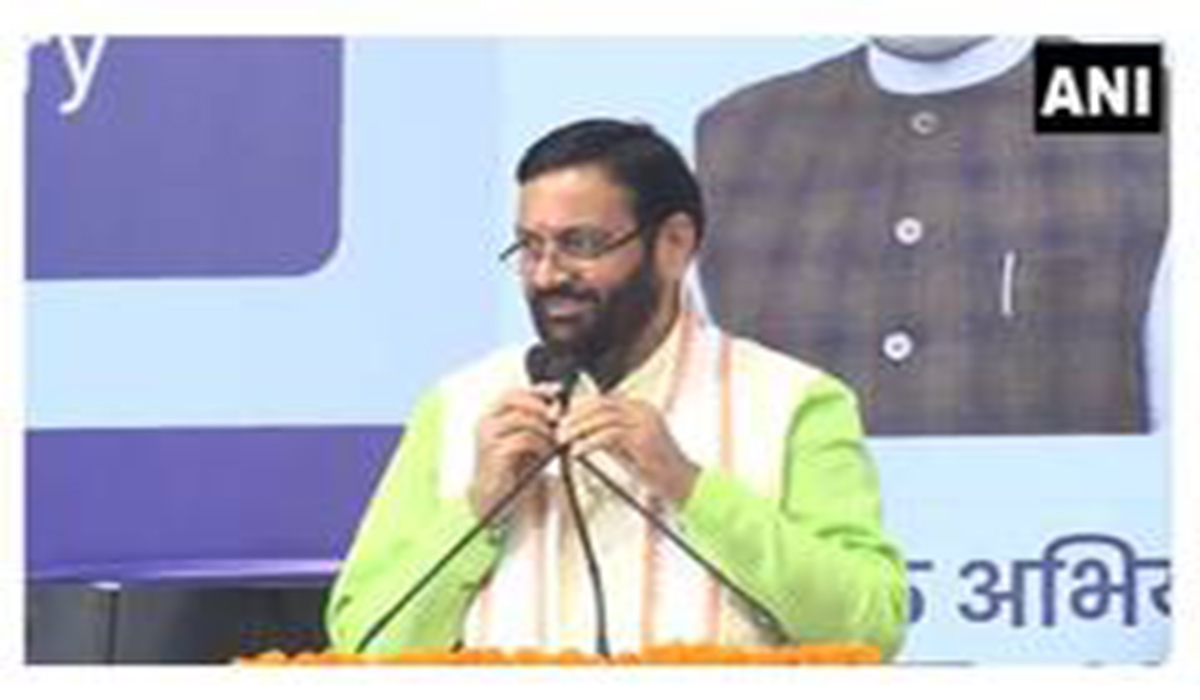
Chandigarh: Authorities in Haryana on Thursday announced that March 31 will be observed as a restricted holiday for Eid-ul-Fitr instead of a gazetted holiday.
The state government in a post on X, shared “Haryana Govt has declared a restricted holiday (Schedule-II) instead of a gazetted holiday for Eid-ul-Fitr on March 31, considering the financial year closing. An official notification has been issued in this regard.”
A restricted holiday allows government employees to take a day off at their discretion, unlike a gazetted holiday, which mandates a full-day closure of government offices and institutions.
Eid-ul-Fitr will be celebrated across India on March 31, Friday, which is also the closing day of the financial year 2024-25.
Meanwhile, Samajwadi Party MP Awadhesh Prasad has criticised BJP MLA Karnail Singh’s request to the Delhi Police Commissioner to prevent Namaz from being offered in public places.
He argued that imposing restrictions on this practice would violate the fundamental rights of citizens.
BJP MLA Karnail Singh from Shakur Basti wrote to the Delhi Police Commissioner on Wednesday, requesting action to “prevent the inconvenience caused by the offering of Namaz in public places.” In his letter, Singh pointed out that prayers on roads were causing traffic congestion and disturbing residents.
“I would like to draw your attention to an important issue. The practice of offering prayers on roads and public places in our city is obstructing traffic and causing inconvenience to the general public. On several occasions, this has also affected ambulances, school buses, and other essential services,” Singh wrote.
